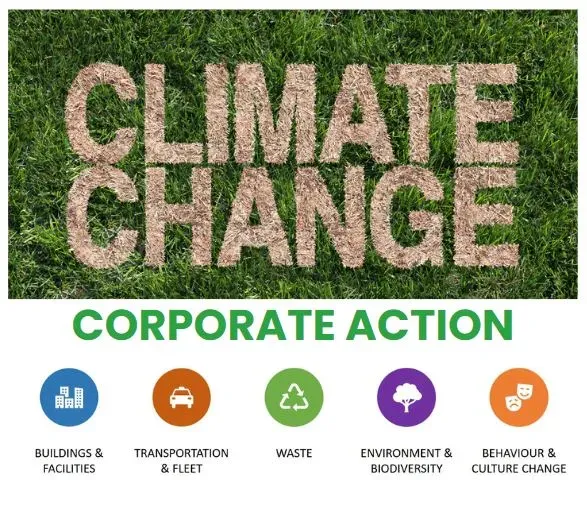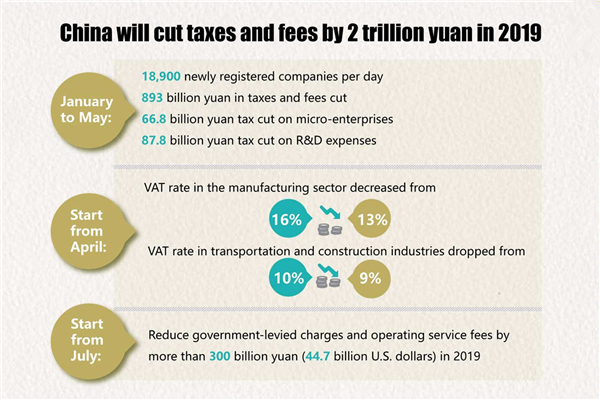Corporate climate action is becoming an imperative for businesses aiming to thrive in a rapidly changing environment. As the necessity for net zero strategies escalates in response to climate change, companies are recognizing that decarbonisation is not just a regulatory requirement but a vital component of sustainable business practices. Leaders in industries like mining, retail, and construction are taking significant strides toward achieving real zero emissions, showcasing a commitment to climate leadership that goes beyond superficial efforts. With fossil fuel emissions still on the rise, proactive firms like Fortescue, IKEA, and Lendlease are redefining success through innovative approaches that prioritize genuine emission reductions. Their efforts illustrate how corporate climate action can drive not only environmental sustainability but also economic growth, setting a lasting precedent for others to follow.
Addressing the pressing issue of climate change, businesses are increasingly engaging in environmental stewardship and accountability, often referred to as ecological corporate responsibility. This emerging trend sees companies adopting strategies that prioritize the reduction of their carbon footprint and integrating sustainability deeply into their operational frameworks. By leveraging cutting-edge technologies and innovative resource management, firms are not only aiming for net zero but are also striving for complete carbon neutrality, sometimes referred to as absolute zero emissions. This transformation involves a fundamental shift in business models, often incorporating principles such as circular economy practices and collaborative partnerships. As the effects of climate change become more pronounced, this integrated approach to environmental management is essential for fostering resilience and ensuring long-term viability.
The New Era of Corporate Climate Action
In 2024, the urgent need for robust corporate climate action became even more pronounced as global emissions continued to rise despite widespread net zero commitments. With the average temperature exceeding the crucial 1.5°C mark, it is evident that existing strategies are falling short. Companies like Fortescue, IKEA, and Lendlease have recognized this challenge and opted for innovative approaches that go beyond merely setting net zero targets. They are leading the charge towards ‘real zero emissions,’ a paradigm that emphasizes actual emissions reduction through direct actions rather than relying on offsets, signaling a shift in how businesses approach climate commitments.
The impact of such corporate climate leadership is significant in reshaping both market expectations and industry practices. By reporting their emissions transparently and aligning their operational strategies with sustainable business practices, these companies are paving the way for a new era of accountability. As Fortescue aims to phase out fossil fuels by 2030, and IKEA embraces circular economy principles, they set a compelling example that encourages other firms to consider similar paths in their climate strategies.
Frequently Asked Questions
What are corporate climate action strategies and how can they achieve net zero emissions?
Corporate climate action strategies encompass various efforts that businesses undertake to reduce their carbon footprint. Achieving net zero emissions involves implementing comprehensive decarbonisation plans that focus on both direct emissions reductions and sustainable business practices. Companies can adopt innovative technologies, shift to renewable energy sources, and engage in initiatives that prioritize energy efficiency.
How are companies implementing real zero emissions strategies beyond net zero goals?
Companies are increasingly moving towards real zero emissions strategies, which focus on eliminating carbon emissions without relying heavily on offsets. This entails direct actions such as transitioning to renewable energy, improving operational efficiencies, and restructuring supply chains to promote sustainability. Brands like Fortescue, IKEA, and Lendlease are leading the way in this area, showcasing how substantial emissions reductions can be achieved.
What role does climate leadership play in corporate climate action initiatives?
Climate leadership is essential for driving corporate climate action, as it sets a tone for accountability and ambition within organizations. Leaders who prioritize sustainable business practices can influence supply chains, engage stakeholders, and foster a culture of sustainability. Companies such as IKEA and Lendlease exemplify climate leadership by integrating rigorous emissions targets into their business strategies while ensuring transparency in their progress.
How can businesses ensure their net zero strategies are effective in reducing emissions?
Effective net zero strategies require businesses to set clear, science-based targets and commit to continuous improvements in emissions reduction. Engaging stakeholders across the supply chain and investing in research and development of low-carbon technologies are also vital. Companies should prioritize transparency in reporting their emissions progress, like Lendlease does, to foster trust and accountability.
What innovative approaches are companies adopting to enhance decarbonisation efforts?
Companies are adopting innovative approaches, such as circular economy designs and energy-efficient technologies, to enhance decarbonisation efforts. For instance, IKEA’s initiatives in circular design allow for resource recovery and waste minimization. Similarly, Fortescue is investing in hydrogen production to transition away from fossil fuels, highlighting how innovation can drive significant emissions reductions.
How does collaboration among companies benefit corporate climate action?
Collaboration among companies, such as those between Fortescue, IKEA, and Lendlease, can enhance corporate climate action by pooling resources, sharing knowledge, and setting joint targets for emissions reduction. Such partnerships can signal market demand for sustainable practices, drive innovation, and align efforts toward achieving real zero emissions more effectively.
What challenges do companies face in implementing sustainable business practices and achieving decarbonisation?
Companies face several challenges in implementing sustainable business practices, including balancing short-term economic pressures with long-term climate goals, navigating regulatory environments, and ensuring stakeholder buy-in. High upfront costs for new technologies and the need for systemic changes in supply chains can also hinder progress towards decarbonisation and achieving net zero targets.
Why is it important for corporations to transition from net zero to real zero emissions?
Transitioning from net zero to real zero emissions is crucial as it emphasizes the need to eliminate emissions entirely rather than relying on offsets, which can be less effective. Real zero approaches compel companies to innovate in their operations and supply chains, leading to genuine reductions in greenhouse gas emissions and fostering resilience against climate impacts.
| Company | Sector | Emissions Target | Innovative Strategies | Result Highlights |
|---|---|---|---|---|
| Fortescue | Mining | Real zero scope 1 & 2 by 2030; net zero scope 3 by 2040 | Phase out fossil fuels; shift to renewable energy; open-source platform for knowledge sharing | $6.2 billion allocated for decarbonisation; new industrial processes like hydrogen production |
| IKEA | Retail | Halve emissions by 2030 | Circular business model; solar energy integration; buyback programs | 89% reduction in operational climate footprint since 2016 alongside 68% revenue growth |
| Lendlease | Construction | Absolute zero carbon by 2040 | Sourcing low carbon materials; integration of climate targets across all business areas | Reduced carbon intensity by 60% in sourced materials; demonstrated demand for lower carbon products |
Summary
Corporate climate action is becoming increasingly essential as organizations recognize the need for sustainable practices. Fortescue, IKEA, and Lendlease are notable examples of companies that are not only setting ambitious emissions targets but also implementing innovative strategies to achieve real reductions. These leading firms illustrate that meaningful decarbonization is achievable through a commitment to operational changes, collaborative efforts, and a focus on sustainability as a core business principle. Their actions serve as a blueprint for other corporations aiming to make genuine contributions to the fight against climate change.



